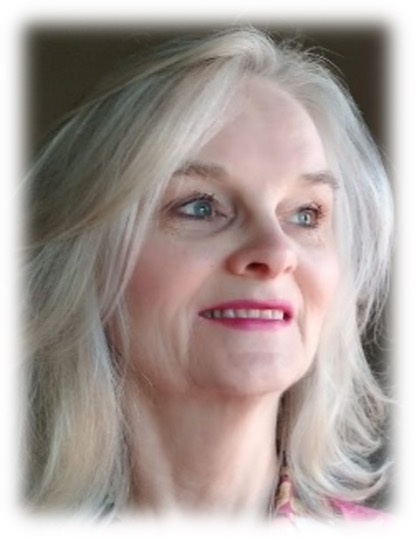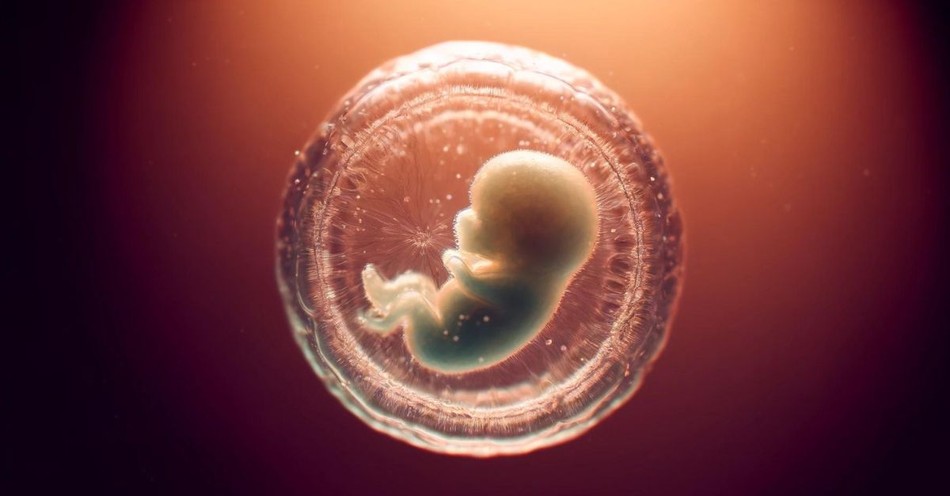In a delivery room on July 31, 2025, parents held their newborn son—a baby who had waited longer for his first breath than many adults have been alive. Thaddeus Daniel Pierce was born from an embryo frozen in 1994, technically older than his birth mother. His story doesn’t just spark curiosity; it raises questions that sit at the intersection of awe and ethical responsibility.
Is God present from the moment sperm and egg unite? If so, what happens to the imago Dei—the image of God—when we place that union on ice?
A Shared Foundation, Diverging Paths
Within the Christian community, views differ. The Catholic Church and some Protestant traditions oppose embryo freezing altogether. Meanwhile, many evangelical and Reformed believers cautiously support assisted reproductive technology, as long as it upholds the sanctity of life and respects the redemptive potential of embryo adoption.
Despite theological differences, one truth unites us: every life has infinite worth. The issue isn’t whether we value life, but how we steward it when science presents possibilities our ancestors couldn’t imagine. And the challenge for Christian parents is not to reject technology, but to seek harmony between innovation and God’s heart.
The Secret Architecture of the Womb
Before we can address the ethics of freezing life, we must first pause to marvel at where life begins.
When sperm meets egg, a zygote forms—a single cell, invisible to the eye but fully seen by God. This moment marks more than a biological process; it is divine orchestration. Life doesn’t wait for a heartbeat or brainwave to be sacred. It is sacred because God breathes identity into it from the start. Psalm 139:13–16 captures this wonder:
“For you created my inmost being; you knit me together in my mother’s womb...Your eyes saw my unformed body; all the days ordained for me were written in your book before one of them came to be.”
This isn’t clinical language—it’s personal. God doesn’t merely allow life to form—He knits. The original Hebrew describes the “unformed body” as the embryonic stage. From that first cell, the image of God—His imago Dei—is woven into our DNA.
Is it any stretch to believe that the God who is all-knowing, ever-present, and all-powerful—the One who knows our every thought and moment—also has a divine design for each “unformed substance,” the embryonic life described in Psalm 139?
This divine intimacy isn’t new. It echoes back to the very beginning, when God formed humanity from the dust and breathed His own life into us. Genesis 2:7 tells us, “The LORD God formed man from the dust of the ground and breathed into his nostrils the breath of life.” That breath—ruach—means both “spirit” and “wind.”
Every life carries the Spirit of God from the start, making each conception a sacred unveiling.

Wrestling with IVF and the Wisdom to Honor God
It’s no wonder that some believers feel uneasy about assisted reproduction. Honoring God's sovereignty in creating life is a sacred trust. But can the same God who orchestrates natural conception not also guide us through the complex decisions of in vitro fertilization?
The omniscient God is not threatened by science. He provides wisdom for medical advances. Just as we give thanks for antibiotics or heart surgery, we can seek His guidance in reproductive technologies. The question isn’t if we use them, but how, and whether our use reflects reverence and prayerful intent. James 1:5 offers comfort:
“If any of you lacks wisdom, you should ask God, who gives generously to all without finding fault.”
Couples facing decisions about IVF, embryo storage, or adoption can seek godly counsel—pastors, trusted Christian friends, or organizations with a strong pro-life commitment. Groups like the National Embryo Donation Center, Nightlight Christian Adoptions, and Christian Adoption Consultants help families walk this journey with conviction and care.
Stories of Redemption
The story of Graciela and her daughter Anaya (“God answers”) reflects God's redemptive power. After years of infertility, Graciela became a mother through a frozen embryo transfer facilitated by a Christian agency.
The McDuffies, another couple, found themselves blessed by their church community as they pursued embryo adoption. Their daughter, Eliza Jane, was born as a living testimony to God’s faithfulness.
And a family working with Christian Adoption Consultants named their son Josiah, confident that the God who knew him before birth would be faithful to his future.
Not every couple is led to or even chooses to pursue IVF. The financial cost, medical burden, and ethical concerns may steer them elsewhere. That decision, too, can honor God. Each couple must walk their path with humility, prayer, and the sincere desire to glorify God in every choice.
This is not about judging those who make different decisions. When hearts are surrendered, there may be no one “right” answer—but there can be peace in the process. Grace is essential.
God’s Calling from the Start
Scripture confirms that life is known, called, and cherished by God before birth.
Jeremiah heard God say, “Before I formed you in the womb I knew you, before you were born I set you apart” (Jeremiah 1:5).
John the Baptist leaped in his mother’s womb, filled with the Holy Spirit even before birth (Luke 1:15, 41).
Paul recognized that God “set me apart from my mother’s womb and called me by his grace” (Galatians 1:15).
These were not “potential” lives. These were people—already chosen, already known.
The Reality of Cryogenic Limbo
Today, more than a million embryos are stored in cryogenic freezers across America. Picture warehouses lined with liquid nitrogen tanks—each straw labeled and stored—not with mere “genetic material,” but with lives bearing the image of God.
Since the 1980s, IVF has become more common and more efficient. Fertilize many eggs, implant a few, and freeze the rest. Financially, it makes sense. Emotionally, it offers a safeguard. But spiritually, it creates a dilemma.
Fewer than 15% of those embryos will ever be implanted. Most remain suspended in time—not because they lack worth, but because the decisions surrounding them are tangled, tender, and often left unmade.
The greater question is not whether science tempts us to “play God,” but whether we will bow before Him as the Giver of life. And our reverence is shown not only in the paths we choose, but in the words we speak, words that should cradle those smallest of souls as bearers of His eternal image.
A Sacred Stewardship
If each embryo carries the image of God, then every decision about their future is holy ground. Whether placed in a womb, entrusted to another family, or left waiting in frozen stillness, these lives are not ours to own, they are ours to steward. And stewardship means seeking God’s wisdom, walking in truth, and holding every choice with both conviction and compassion.
A young couple I know rejoiced at the birth of their child, only to later learn that multiple embryos had been created and frozen—something they hadn’t fully considered. These are real decisions with real spiritual weight.
Before beginning IVF, couples need not just medical facts, but a foundation of prayer. And for those facing loss—whether through miscarriage, failed implantation, or childlessness—God’s presence remains steadfast.
In one congregation I pastored, a couple longing for a child asked for prayer—echoing Hannah’s own cry in 1 Samuel 1:11. God answered their prayer threefold. It doesn’t always happen that way, but prayer is always the place where we place our longing into God’s loving hands.
The Echo of Eternity
Thaddeus’s story reminds us; time does not diminish the image of God. Whether suspended in liquid nitrogen for decades or growing in the womb, each embryo bears God’s eternal imprint.
As Peter wrote, “With the Lord a day is like a thousand years, and a thousand years are like a day” (2 Peter 3:8). Time is not the measure of a soul.
And when we see each embryo not as surplus, but as sacred, we align with the heart of the Creator.
Living with Reverence in a Technological Age
At the crossroads of reproductive technology and biblical truth, God doesn’t demand perfection, He calls us to faithful stewardship. That includes how we navigate IVF, embryo adoption, and ethical decisions, all while keeping hearts surrendered to Him. As Paul reminded Titus, “To the pure, all things are pure” (Titus 1:15). What matters most is the motive to honor God.
So whether you’re celebrating a new life, grieving a loss, considering IVF, or choosing a different path—know this: God is with you. His love is unshakable. And the child formed in secret, even frozen for thirty years, is never forgotten.
The image of God doesn’t begin at birth, or viability, or even implantation. It begins at conception.
“When I was made in the secret place...your eyes saw my unformed body.” - Psalm 139:15–16
May we be a people who walk in wisdom, extend grace, and trust that the Author of Life continues His perfect work in every womb, in every heart, and in every decision made with faith.
Photo Credit: Created by AI




.jpg)